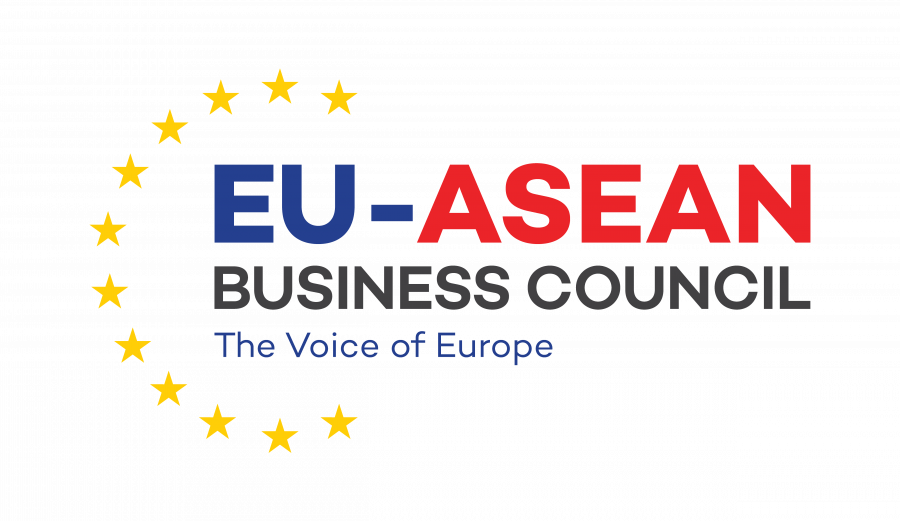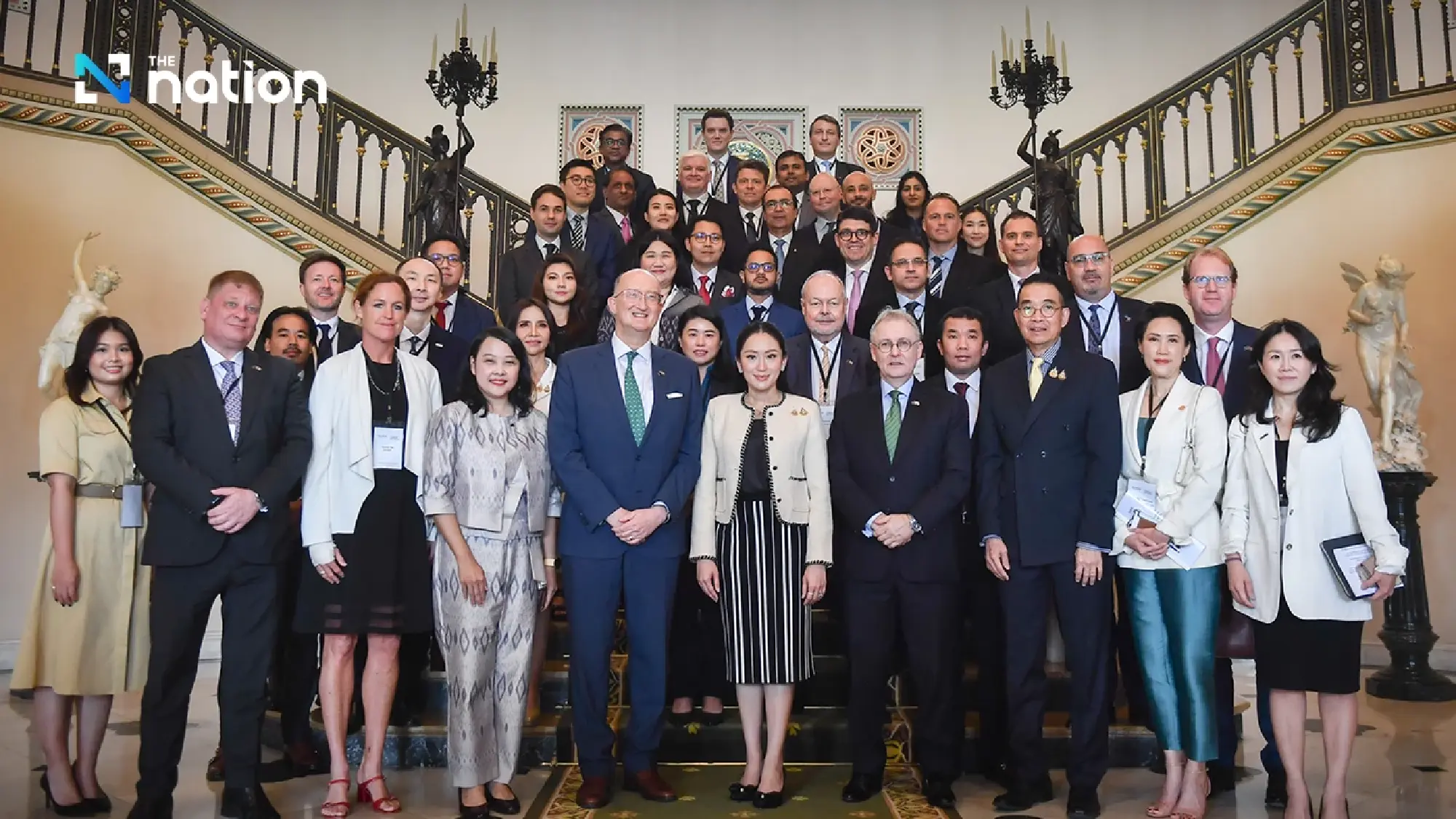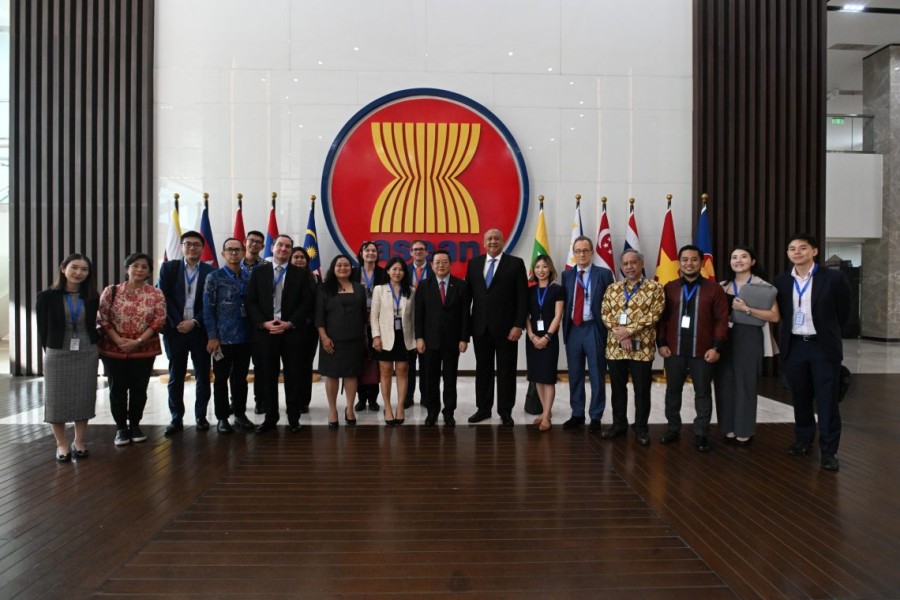
In contrast to traditional medical devices like therapeutic products and in vitro diagnostic medical devices, digital health solutions use platforms like mobile and computing devices that are more universal and affordable. This creates tremendous opportunities for access to healthcare. Yet current regulations that ensure the safety of traditional medical devices do not fit the rapid pace of innovation, iterative nature, and cross-border accessibility that characterise software and digital health. Hence, questions have been raised on how regulatory frameworks for digital health can be redesigned to accommodate its unique characteristics.
On 11 May 2021, the EU-ASEAN Business Council (EU-ABC) hosted a webinar titled: Fit-For-Purpose Regulatory Frameworks for Digital Health Post Covid-19: Opportunities for ASEAN. The panel comprised of Dr. Ferdinal M. Fernando, Assistant Director at the ASEAN Secretariat Health Division; Low Lai Peng, Deputy Director of Medical Devices Branch at Singapore Health Sciences Authority (HSA); Varun Veigas, Regional Regulatory Affairs and Policy Lead of the Asia Pacific at Roche Diagnostics and Regulatory Working Group Chair Representative at APACMed; Dr. John Richard Thornback, Chief Operating Officer at Diagnostics Development Hub; and Suntaraa Murthi Anamalai, Assistant Director at Medical Device Authority (MDA) under the Ministry Of Health Malaysia. The webinar was moderated by Chris L. Hardesty, Director of Healthcare & Life Sciences Practice at KPMG.
Digital Health Boom and Regulatory Initiatives that are Underway in ASEAN
Covid-19 has accelerated the speed of digital innovation and adoption in ASEAN, which has in turn initiated the removal of some regulatory and psychosocial barriers to digital health solutions. Dr. Fernando shared that there are various ASEAN initiatives that are underway which aim to help ASEAN transition into a digital society and increase ASEAN’s capacity to detect, respond and manage health threats – both of which naturally support the development and uptake of digital health solutions. Specifically, he highlighted the role of the ASEAN Post-2015 Health Development Agenda (2016-2020), the ASEAN Economic Community Blueprint 2025, the ASEAN Socio-Cultural Community Blueprint 2025, and the ASEAN Digital Masterplan 2025 in driving the development and uptake of digital technology in both health and non-health sectors. He added that the mandate for digital health has its basis in existing and emerging cross-border threats like Covid-19 which has prodded policymakers, regulators, and private sector stakeholders to speed up the building of ASEAN’s capacity to manage big data analytics and visualisation, provide timely assessments of the pandemic situation.
Dr. Fernando disclosed that the pandemic experience has initiated the removal of regulatory barriers to the uptake of digital services in various sectors. This includes the relaxation of regulations and systematic reviews to remove some regulations more widely. However, the development of regulatory frameworks specifically befitting digital health solutions is still in its infancy in ASEAN. For Singapore, Lai Peng revealed that a document of regulatory guidelines for software medical devices has been released and the HSA is working with stakeholders to firm up its contents. The document is intended to provide clarity, rather than prescription, on the regulatory requirements for software medical devices throughout their entire lifecycle – from development to post-market. In Malaysia, Suntaraa contended that specific regulatory guidelines for digital health devices have yet to be drafted, but the MDA is currently engaged in conducting relevant studies in hopes of developing them.
For the full writeup:
Download: 11 May Digital Health Webinar Writeup
*Document prepared by Ischelle Koo, Research Intern of EU-ABC
For those whose missed the webinar, view it here
The team at EU-ASEAN Business Council expresses appreciation to the esteemed panel of speakers and moderator, without which the webinar would not have been possible.



